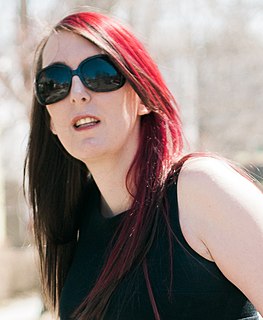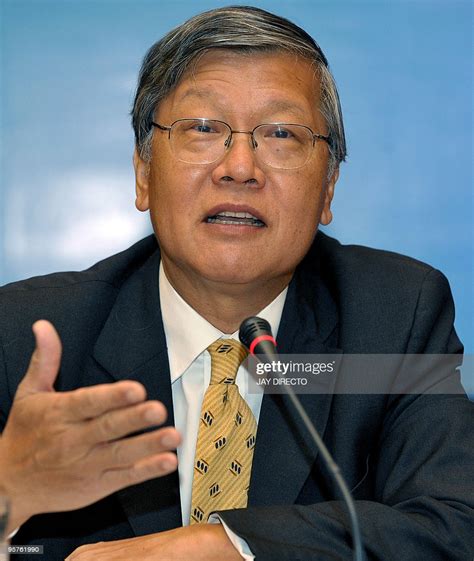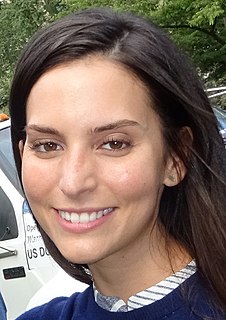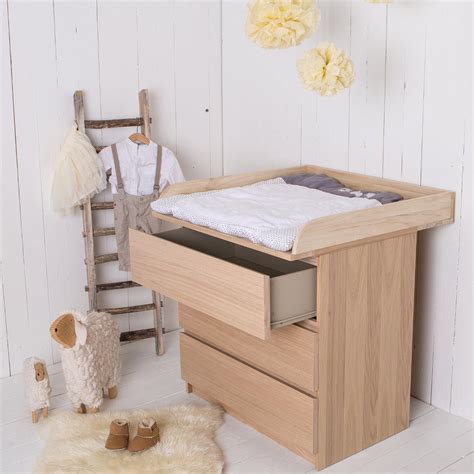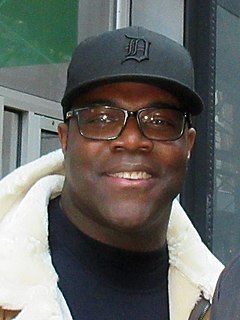A Quote by Brianna Wu
I say this as an engineer: We are profoundly bad at asking ourselves how the things we build could be misused.
Related Quotes
There seems to be something in the zeitgeist, and maybe it's a function of - I'm no analyst, nor am I a psychologist - when you look at things and say, What if I could go back and change things? I think we live in a world right now where people are asking those questions a lot. What if we could go back and change what we did? How would we change the way we handled things in the Middle East, and how would we change things with the banking industry, and how would we change economic and educational issues?
And so when I moved to IBM, I moved because I thought I could apply technology. I didn't actually have to do my engineer - I was an electrical engineer, but I could apply it. And that was when I changed. And when I got there, though, I have to say, at the time, I really never felt there was a constraint about being a woman. I really did not.
One of the best things you can do to get on an engineer's good side is make him feel as much like a regular person as possible, without insulting his intelligence. Say things like, 'You're too cool to be an engineer,' or 'Nice kicks!' or 'You don't seem lonely at all.' Note: This only works on male engineers.
Instead of asking ourselves, 'How can I find security and happiness?' we could ask ourselves, 'Can I touch the center of my pain? Can I sit with suffering, both yours and mine, without trying to make it go away? Can I stay present to the ache of loss or disgrace-disapp ointment in all its many forms-and let it open me?' This is the trick.
